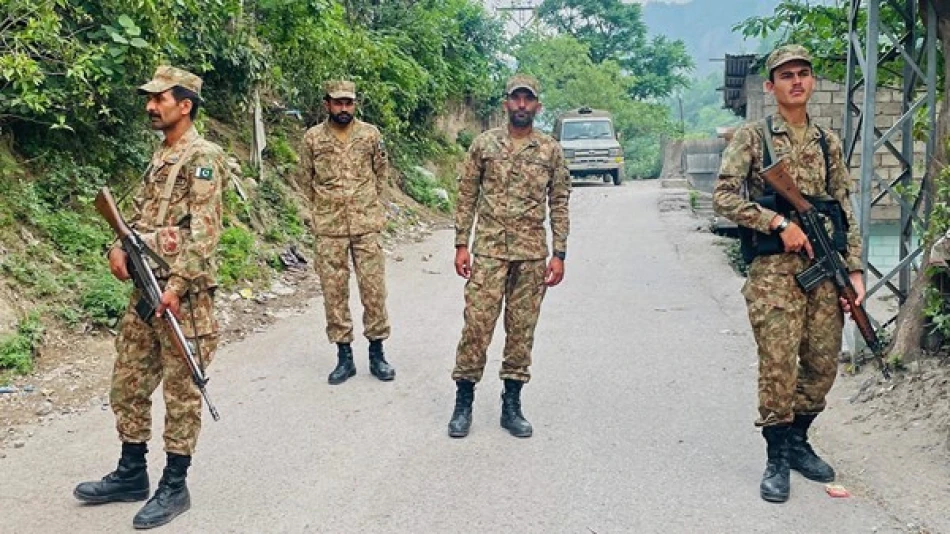
Military Helicopter Crash in Pakistan Leaves Casualties
Pakistan Military Helicopter Crash Claims Five Lives in Strategic Northern Region
A Pakistani Army MI-17 helicopter crashed during a routine training mission in the volatile Gilgit-Baltistan region, killing all five personnel aboard. The incident highlights ongoing operational challenges in Pakistan's strategically crucial northern territories, where military aviation plays a vital role in both defense and disaster response operations.
Technical Failure Forces Emergency Landing
The Pakistani military confirmed Monday that the helicopter experienced a technical malfunction while conducting routine training exercises, forcing an emergency landing near Hadur village. The aircraft crashed during the emergency procedure, resulting in no survivors among the crew.
MI-17 helicopters, manufactured by Russia's Mil Moscow Helicopter Plant, form the backbone of Pakistan's military aviation fleet. These twin-engine aircraft are widely used across South Asia for transport, medical evacuation, and combat support missions due to their reliability in high-altitude operations.
Gilgit-Baltistan's Strategic Importance
The crash occurred in Gilgit-Baltistan, a region that serves as Pakistan's gateway to China and borders both India and Afghanistan. This mountainous territory, part of the disputed Kashmir region, requires constant military presence due to its geopolitical significance and challenging terrain.
Military helicopters are essential lifelines in this region, where ground transportation is often impossible due to extreme weather conditions and difficult topography. The Pakistan Army regularly conducts training missions here to maintain operational readiness for both security operations and humanitarian assistance during natural disasters.
Pattern of Aviation Incidents
This latest crash adds to a concerning pattern of military aviation incidents in Pakistan's challenging northern regions. The country's aging fleet of Soviet-era helicopters faces increasing maintenance challenges, particularly when operating in high-altitude environments that place additional stress on aircraft systems.
Pakistan's military has been gradually modernizing its helicopter fleet, but budget constraints and geopolitical factors have slowed the replacement of older aircraft. The MI-17 series, while proven and reliable, requires intensive maintenance protocols when operating in Pakistan's extreme northern conditions.
Operational Implications
The loss of trained aircrew and equipment in such remote regions represents a significant operational setback for Pakistan's military capabilities in the area. Training replacement pilots for high-altitude mountain operations requires extensive time and resources, making each incident particularly costly for military readiness.
The Pakistani military's continued reliance on helicopter operations in Gilgit-Baltistan underscores the region's strategic importance, despite the inherent risks of mountain flying in one of the world's most challenging aviation environments.
Most Viewed News

 Layla Al Mansoori
Layla Al Mansoori






